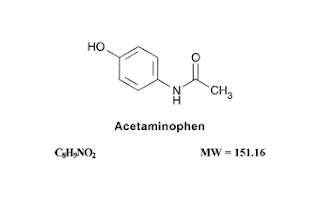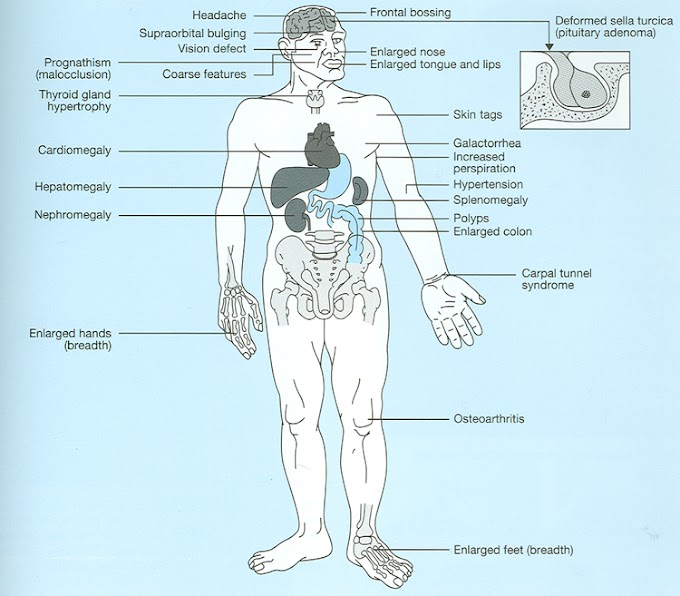
Definition
Acetaminophen (Tylenol) and codeine is a prescription pain medicine. It is a narcotic, which means it has the potential to relieve pain while making you feel sleepy.
Acetaminophen and codeine overdose occurs when someone accidentally or intentionally takes more than the normal or recommended amount of this medication.
See also:
Acetaminophen overdose
Codeine overdose
Hydrocodone and acetaminophen overdose
Alternative Names
Tylenol #3 overdose; Phenaphen with codeine overdose; Tylenol with codeine overdose
Poisonous Ingredient
Acetaminophen combined with codeine
Where Found
Acetaminophen with codeine is commonly sold under the name Tylenol #3.
Symptoms
- Airways and lungs
- Breathing shallow
- Breathing slow and labored
- Respiratory arrest
- Pinpoint pupils
- Low blood pressure
Nervous system
- Coma
- Convulsions
- Drowsiness
- Stupor (lack of alertness)
Skin
- Bluish skin (fingernails and lips)
- Cold, clammy skin
- Heavy sweating
Stomach and gastrointestinal system
- Nausea and vomiting
- Spasms of the stomach and intestines
- Vomiting
- Liver failure
- Kidney failure
Seek immediate medical help. This type of overdose can cause death. Do NOT make the person throw up unless told to do so by Poison Control or a health care professional.
Before Calling Emergency
Determine the following information:
- Patient's age, weight, and condition
- Name of the product (as well as the ingredients and strength, if known)
- Time it was swallowed
- Amount swallowed
- If the medication was prescribed for the patient
The National Poison Control Center (1-800-222-1222) can be called from anywhere in the United States. This national hotline number will let you talk to experts in poisoning. They will give you further instructions.
This is a free and confidential service. All local poison control centers in the United States use this national number. You should call if you have any questions about poisoning or poison prevention. It does NOT need to be an emergency. You can call for any reason, 24 hours a day, 7 days a week.
Take the container with you to the hospital, if possible.
What to expect at the emergency room
The health care provider will measure and monitor the patient's vital signs, including temperature, pulse, breathing rate, and blood pressure. Symptoms will be treated as appropriate. The patient may be admitted to the hospital and may receive:
- Activated charcoal
- Breathing support (artificial respiration)
- Fluids by IV
- Medicine (antidote) called naloxone to reverse the effect of the poison (multiple doses may be needed)
- Tube through the mouth into the stomach to empty the stomach (gastric lavage)
If there is a high level of acetaminophen in the blood, the patient will be given N-acetyl cysteine. Without this counteracting drug, called an antidote, deadly liver failure may occur.
Expectations (prognosis)
How well a patient does depends on the amount of medication swallowed and how quickly treatment was received. The faster a patient gets medical help, the better the chance for recovery.
If an antidote can be given, recovery from an acute overdose often occurs within 24 - 48 hours. Recovery takes longer if the liver is affected.





0 Comments